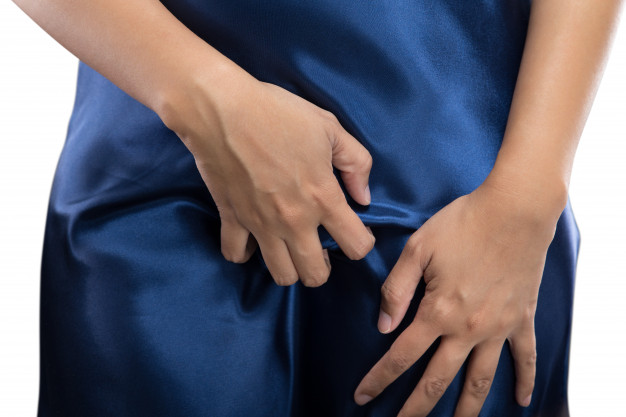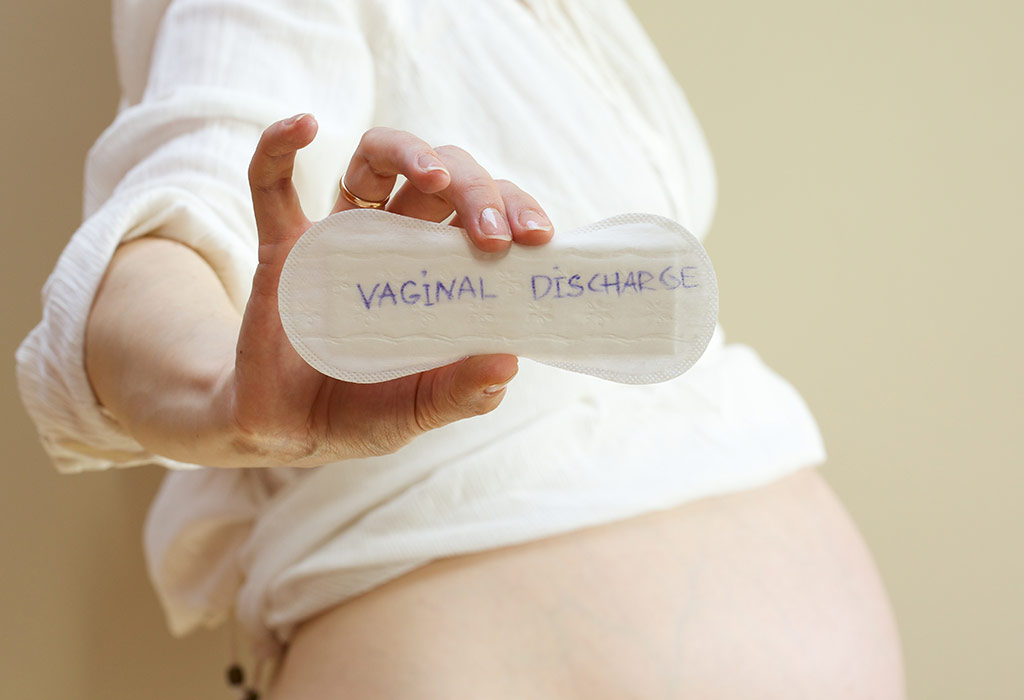Ayurvedic Treatment for Leucorrhoea
Leucorrhea is a white discharge of the vagina. Quite a few reasons are attributed to this condition. Leucorrhea is quite common during menstruation, pregnancy, and menopause; however, its occurrence during other times probably means the presence of sexually transmitted diseases, other infections & diseases of different female reproductive parts/organ. Leucorrhea which is foul smelling or with a change of color that ranges from yellow, green or bloody could often be serious and does require prompt medical attention.
Well, there are several natural and safe ways to treat leucorrhea. Natural treatment methods such as Ayurvedic remedies/medicine are pretty simple and don’t cause any adverse effects like in the case of western conventional medicines.
Leucorrhoea or Vaginitis is a problem that many women face. When there is a discharge from the female genitals which has a foul smell and dirty white or greenish pallor, this condition is called Leucorrhoea.
The other symptoms of this condition include inflammation and irritation in the area. While this condition may last many weeks and even months, in some cases, it can also start affecting the reproductive organs of the female patient. This problem mostly crops up during puberty and can lead to long-term damage if it does not get timely and proper treatment.
One of the best ways of dealing with this condition is with the help of Ayurveda, which is an ancient science that combines herbs, lifestyle tweaks, Yoga and massages for treatment of various kinds of ailments.






